Days after the first meeting of the Russian and U.S. delegations, a new meeting took place, this time not in Riyadh but in Istanbul. Türkiye stands out as the only NATO member with direct communication channels with both Russia and Ukraine. It is interested in promoting peace and remains committed to ending the conflict. Despite global attention being focused on figures like U.S. President Donald Trump and European leaders, Türkiye has made substantial efforts toward peace, yet its potential remains largely underestimated compared to others.
Türkiye has been the only country so far to successfully bring together the foreign ministers of Russia and Ukraine. A pivotal meeting between Russian Foreign Minister Sergey Lavrov, Ukrainian then-Foreign Minister Dmytro Kuleba and then-Foreign Minister Mevlüt Çavuşoğlu took place at the Antalya Diplomacy Forum just two weeks after the invasion began. Following this meeting, in March 2022, Moscow and Kyiv engaged in negotiations that resulted in the “Istanbul Agreements,” which outlined a potential peace framework.
Additionally, Türkiye brokered a vital agreement not only for the region but also for the world – a U.N.-backed agreement, the “grain deal,” in August 2022 to lift Russia’s blockade on Ukrainian grain exports, ensuring their safe passage through the Black Sea. In September 2022, Türkiye also played a key role in a prisoner swap between the two countries.
War to dominate the Black Sea
The Organization of the Black Sea Economic Cooperation (BSEC) was established in 1992 as a result of Türkiye’s initiative to contribute to the promotion of stability, predictability and security in the region by boosting economic dialogue and cooperation among its 13 neighboring member states.
Since then, Türkiye has had a strong interest in regional stability, as Ukraine and Russia have been vital trade partners. Ankara has given the utmost importance to the safety of the Black Sea as a trade hub since Türkiye holds the key to the straits.
Just 21 days before the war broke out, Türkiye signed a long-awaited free trade agreement with Ukraine. The current trade volume between the two countries exceeds $6 billion, with an ambitious target of $10 billion. Yet the war disrupts the target to be achieved.
However, more significantly, Türkiye favors a balanced power dynamic in the Black Sea rather than one dominated by Russian influence. Back in 2016, President Recep Tayyip Erdoğan warned that due to NATO’s limited presence, the Black Sea was at risk of “becoming a Russian Lake.”
After the war began, Russia managed to capture Kherson and Zaporizhzhia, giving it control over the entire Sea of Azov. If Russia had been able to go further and take Odesa, Ukraine would have been cut off from the Black Sea, effectively making it a landlocked country. However, the Ukrainian army successfully halted Russia’s advance in Mykolaiv.
Zelenskyy: Security comes first
Ukrainian leader Volodymyr Zelenskyy has stated more than once that they expect security guarantees to be provided by Türkiye along with the others. While Türkiye’s mediator role has been discussed many times, this dimension, “security guarantees,” is rather new.
As NATO’s second-largest military power with approximately 800,000 military personnel, Türkiye holds strategic importance in the region. It is also one of the few European nations with recent combat experience, given its ongoing fight against the PKK/YPG insurgents for decades.
Despite Türkiye’s dedication to facilitating the peace process, providing security guarantees comes with its own risks. Its complex relationship with Russia, both as a strategic ally and occasional competitor, has always had the potential to bring Türkiye into confrontation with Russia. A past example includes the 2015 incident when Türkiye shot down a Russian jet near its border, straining the relations of the two. Another instance occurred in 2021 when Ukraine used Turkish-made Bayraktar drones against Russian-backed separatists in Donbas, prompting immediate backlash from Russia.
In this sense, giving security guarantees differentiates from being a mediator of talks or prisoner exchanges. Therefore, potential “security guarantees” must be thoroughly assessed in order to prevent Türkiye from facing direct confrontation with Russia.
Putin: Consistency as before
Russia has significant prospects from Türkiye as well, given its unique stance and strategic position. While Türkiye supports Ukraine’s territorial integrity and has opposed the annexation of Crimea from the very start, aligning with its European counterparts, it also distinguishes itself in several ways. Türkiye has consistently maintained that achieving peace requires acknowledging and addressing the concerns of both sides from the very beginning. Under the Trump administration, U.S. foreign policy toward Russia experienced a sudden and dramatic shift. In contrast, Türkiye has maintained a consistent and reliable stance over time. Additionally, the strong personal rapport between Erdoğan and Russian President Vladimir Putin adds another layer of trust, further strengthening Türkiye’s position as a trustworthy mediator.
Additionally, unlike Europe, Türkiye has refrained from imposing sanctions on Russia, a crucial factor for Moscow as it navigates Western restrictions. Russia likely expects Türkiye to maintain this approach moving forward. Additionally, since Russian gas exports to Europe no longer pass through Ukraine, Türkiye remains Putin’s only route for energy transfer to Europe. These factors position Türkiye as an indispensable partner for Russia and reinforce its role as a consistent and effective mediator in the ongoing geopolitical landscape.
To sum up, so far, Türkiye has played a crucial role in mediating between Russia and Ukraine, leveraging its strategic position and diplomatic ties with both nations to facilitate negotiations and agreements. While it remains committed to regional stability and balancing power in the Black Sea, its potential role in providing security guarantees introduces new risks that must be carefully managed to avoid direct confrontation with Russia. Given its strategic importance, Türkiye’s continued diplomatic efforts and balanced approach will be essential in shaping future peace efforts and maintaining regional stability.

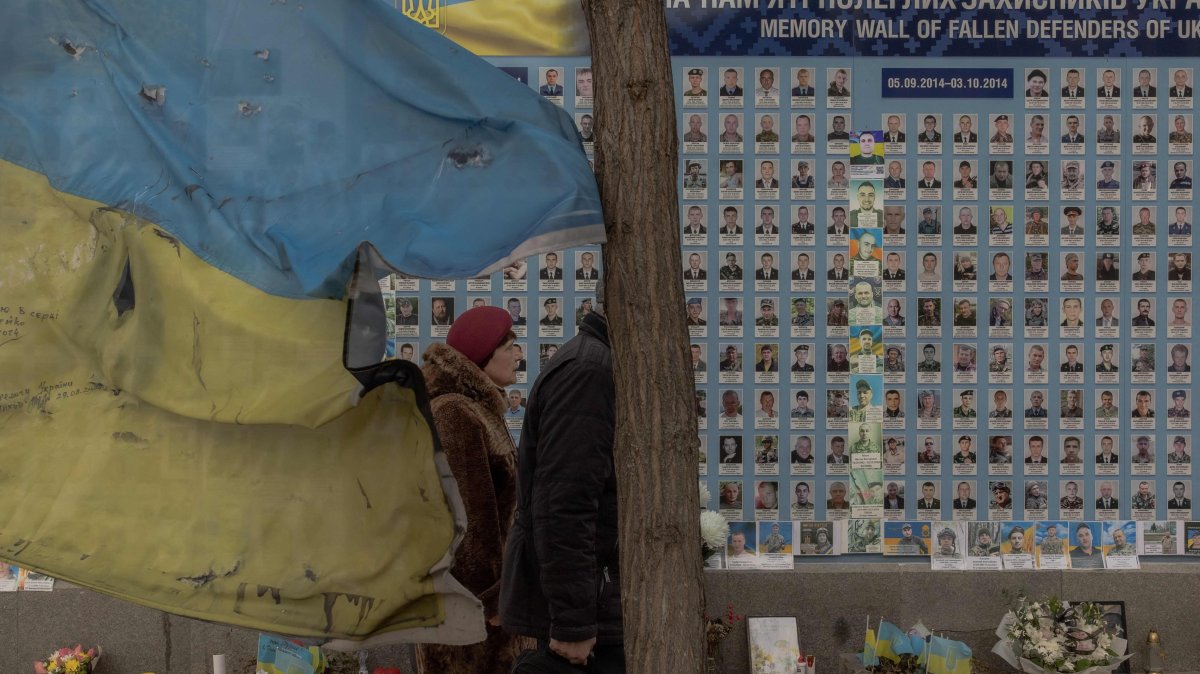



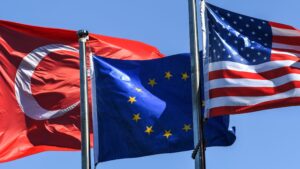
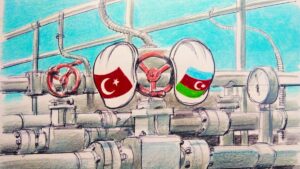





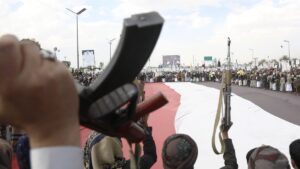

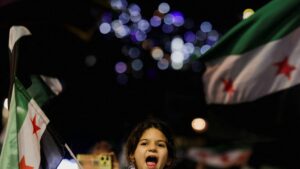




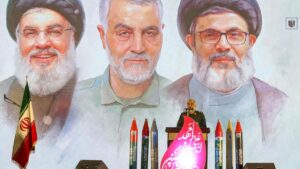


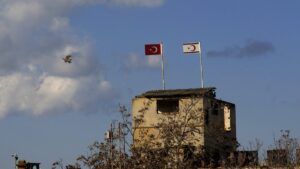


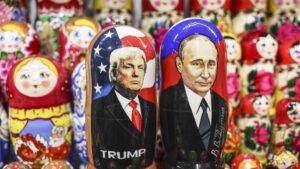

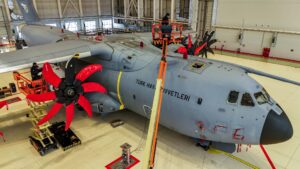
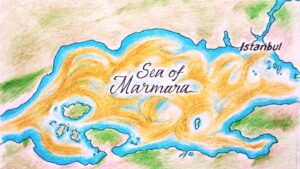
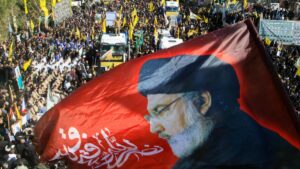





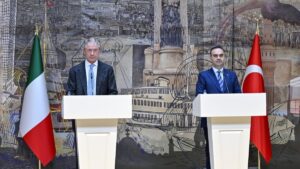
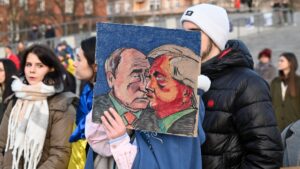



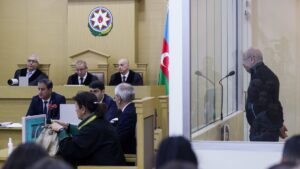

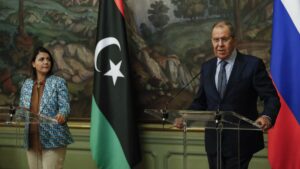
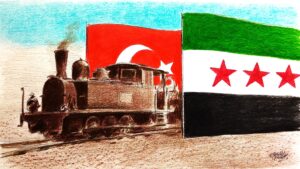


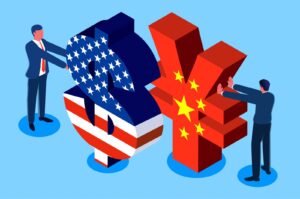

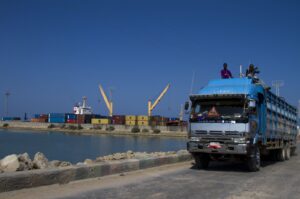
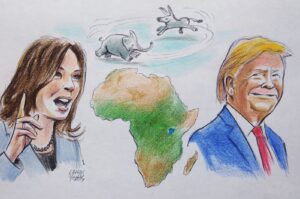
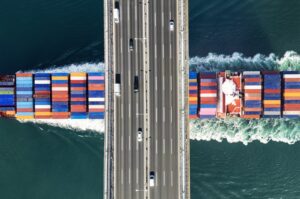

Be First to Comment